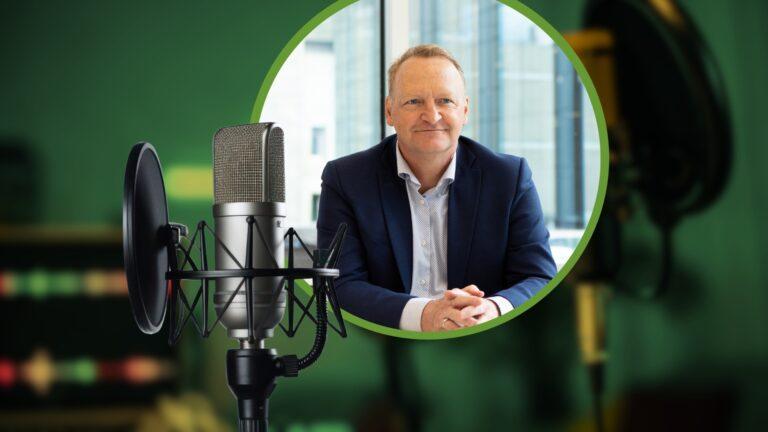Canadian-controlled private corporations (“CCPC”) are entitled to a reduced tax rate in respect of active business income earned. In Ontario, the first $500,000 of active business income is subject to a tax rate of 12.2% (versus the general corporate tax rate of 26.5%). This reduced tax rate is arrived at by allowing CCPC’s a deduction from their tax otherwise calculated (the “small business deduction”). The entitlement to this lower tax rate is shared among all corporations in an associated group.
Access to this lower corporate tax rate may be restricted based on a corporate group’s aggregate “taxable capital” level in the preceding tax year. Taxable capital is basically the aggregate of a corporation’s retained earnings, capital stock, debt and certain tax reserves, with reductions for investments in shares of and loans to other corporations. A corporation’s small business deduction is clawed back where an associated corporate group’s aggregate taxable capital exceeds $10 million, with the deduction fully clawed back if taxable capital reaches $15 million. This translates to a clawback of $1 for every $10 of taxable capital in excess of $10 million.
The recent federal Budget proposes to expand the range of taxable capital over which the small business deduction is clawed back, to between $10 million – $50 million. This translates to a clawback of $1 for every $80 of taxable capital in excess of $10 million. As a result, the clawback of the small business deduction will be more gradual and will allow more corporations to claim at least a portion of it. This proposed change is to take effect for tax years starting after April 6, 2022.
There is a second mechanism that may also claw back a corporation’s small business deduction, which is based on an associated corporate group’s “adjusted aggregate investment income” (“AAII”, which is basically passive investment income earned in the corporations). Where an associated corporate group’s AAII in the preceding year exceeds $50,000, the small business deduction will be clawed back at a rate of $1 for every $5 of investment income and is fully clawed back when the investment income for the preceding year reaches $150,000. This AAII clawback is not impacted by the federal Budget proposals, such that this threshold remains unchanged.
These proposed changes seem to align with a policy intended to encourage small businesses to reinvest profits back into the business. While the expansion of the taxable capital clawback threshold is a welcome change that will provide some benefit to many businesses, leaving the AAII clawback threshold unchanged will continue to restrict many other small businesses from accessing the lower corporate tax rate simply because their growth may have peaked.
Please consult your Welch LLP trusted advisor to discuss how we these changes may impact your business.













